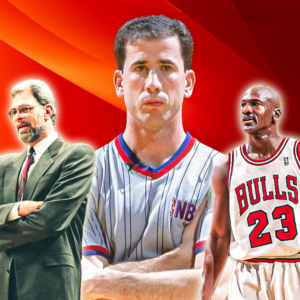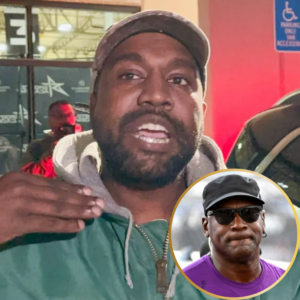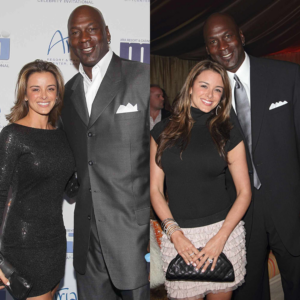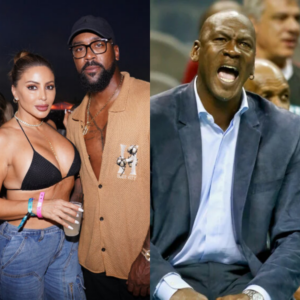50 Cent BLASTS ALL The Rappers Who Took Part In Diddy’s FREAK OFFs
These recent developments have ignited a heated debate and brought attention to the intricate power dynamics, abuse allegations, and accountability issues within the music industry.
In a series of recent interviews and social media posts, rapper 50 Cent has launched scathing criticisms against Diddy, accusing him of misconduct and questionable behavior.
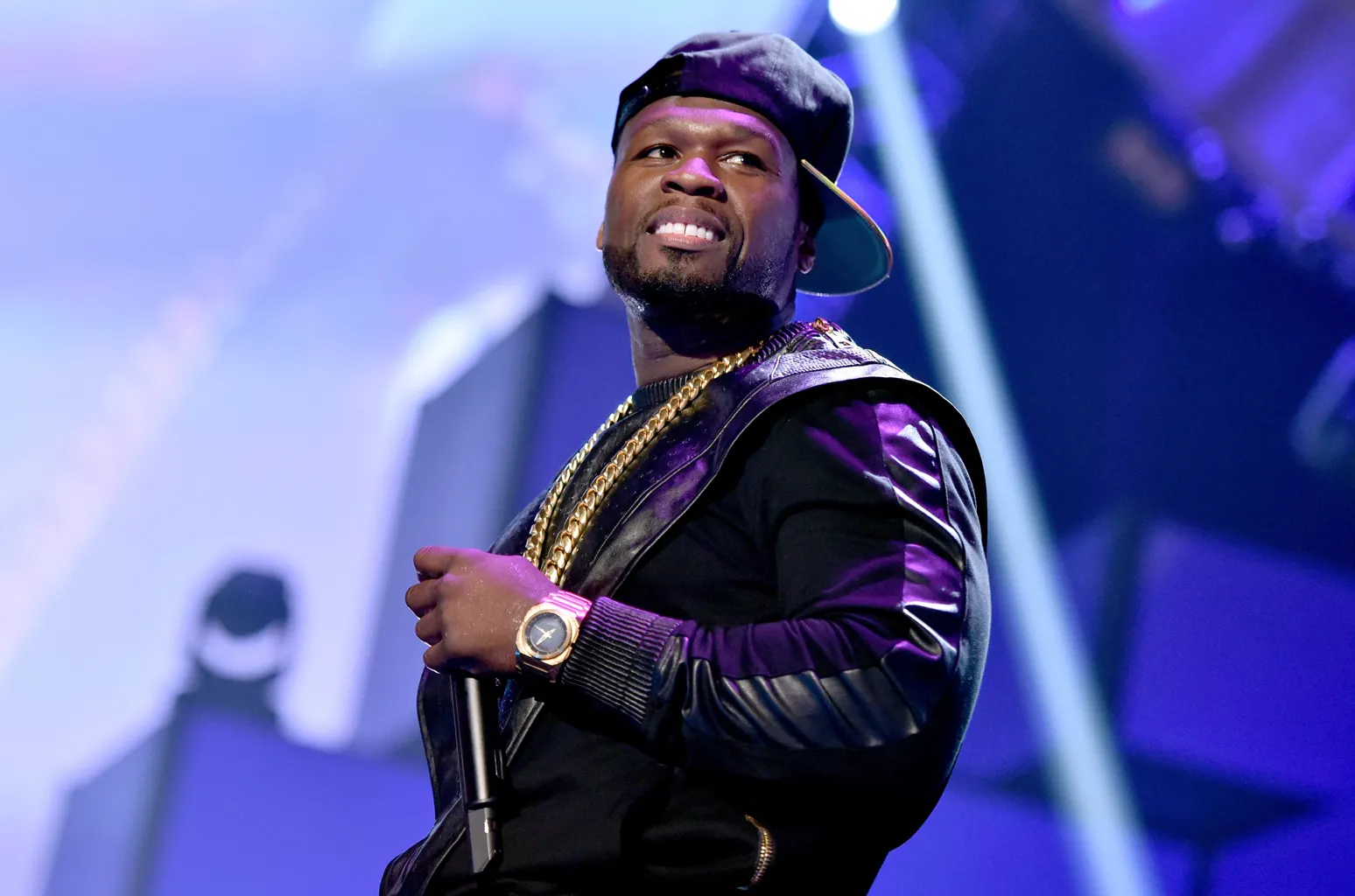
Among the allegations, 50 Cent suggests that Diddy orchestrated what he calls “freak offs” and other sexually inappropriate activities, implicating not only Diddy but also other prominent rappers in the industry.
As part of his response, 50 Cent has announced plans to produce a documentary titled “Surviving Diddy,” aiming to expose what he perceives as Diddy’s troubling conduct and its impact on those involved.
These allegations come amid a wave of sexual assault accusations against Diddy, including a lawsuit filed by his former girlfriend Cassie Ventura.
In her lawsuit, Cassie accuses Diddy of trafficking her to participate in what she describes as “freak offs” – private events orchestrated by Diddy allegedly involving hiring male escorts and coerced sexual encounters.
Cassie’s claims shed light on a troubling pattern of manipulation, control, and exploitation within her relationship with Diddy.
While some have raised doubts about the credibility of Cassie’s allegations, citing concerns about consent and autonomy, others have shown support and solidarity with survivors of abuse.
The decision by 50 Cent to produce a documentary adds another layer to the ongoing conversation, prompting discussions about accountability and responsibility within the music industry. 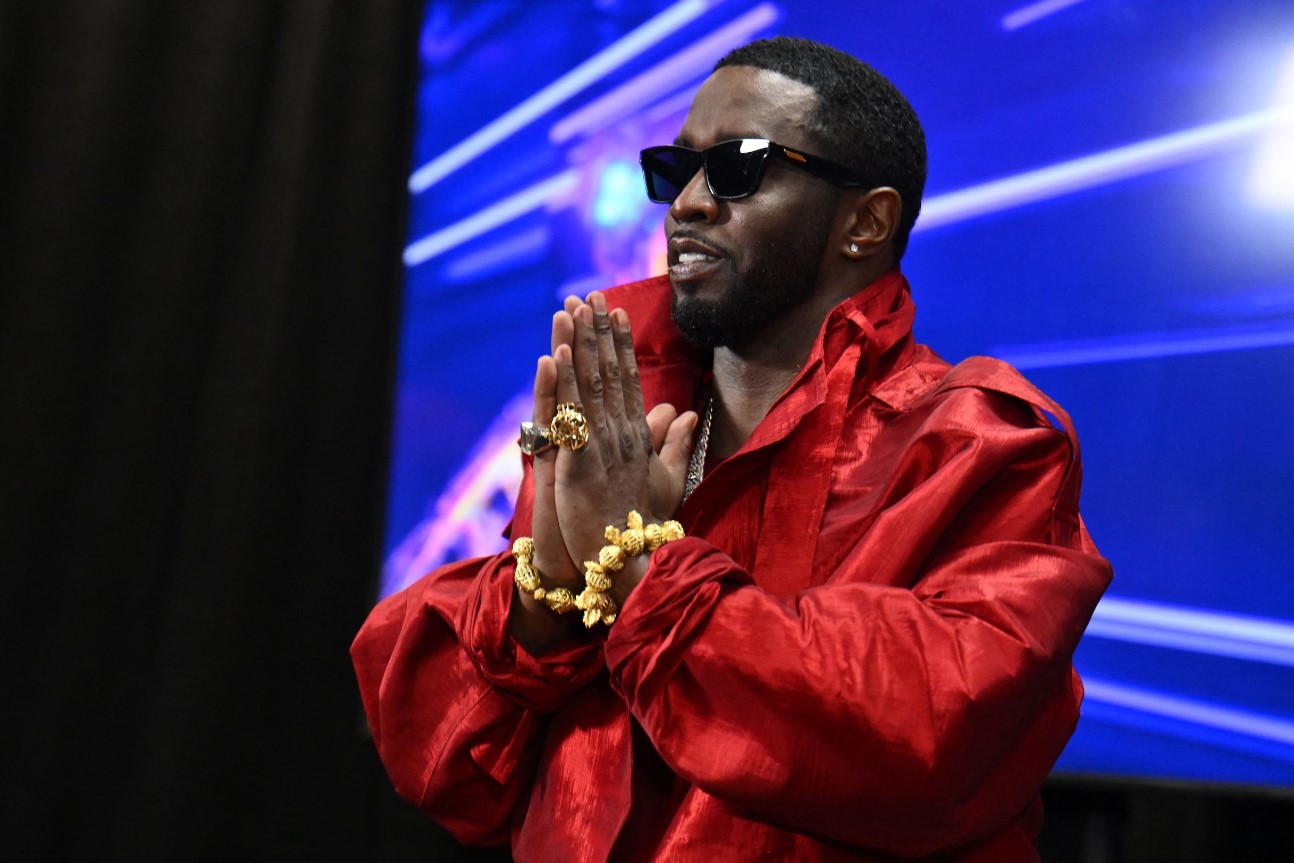
Critics of Diddy argue that his alleged misconduct reflects a broader systemic issue within the entertainment world, where influential individuals often abuse their power to exploit and manipulate others.
They highlight a culture of silence and complicity that enables such behavior to persist unchecked, advocating for greater transparency and accountability.
On the other hand, supporters of Diddy maintain his innocence until proven guilty, urging caution against rushing to judgment based on unverified allegations.
They emphasize Diddy’s contributions to the music industry and stress the importance of due process and fair treatment.
As the debate unfolds, it raises crucial questions about power dynamics, privilege, and accountability within the music industry.
It underscores the need for increased awareness and understanding of issues related to consent, coercion, and abuse, as well as the importance of supporting survivors and holding perpetrators accountable for their actions.
Ultimately, the allegations against Diddy and the ensuing controversy serve as a stark reminder of the challenges facing the music industry and the urgency of addressing systemic issues to foster a safer and more equitable environment for all involved.
Only time will reveal the lasting impact of these developments on the industry and its stakeholders.
News
PHOTO: Hanna Cavinder, worth $924,000 NIL, wears an all-denim ensemble at the Miami Grand Prix in 2024. tt
PHOTO: $924,000 NIL-valued Hanna Cavinder show off an all-denim outfit for Miami Grand Prix 2024 Hanna and Haley Cavinder attended Miami Grand Prix 2024. Hanna Cavinder and…
Luka Doncic’s mother during the Mavericks-Clippers playoff game caught everyone’s attention with her exquisite ensemble. tt
Luka Doncic’s Mom Was Turning Heads With Her Stunning Outfit At Mavericks-Clippers Playoff Game Luka Doncic mother (Photo via Mirjam Poterbin/Instagram) Luka Doncic’s parents, Mirjam Poterbin and…
In an explosive Netflix documentary, Tim Donaghy exposed Michael Jordan, Phil Jackson, and the NBA (VIDEO) tt
Tim Donaghy Exposed The NBA, Phil Jackson, & Michael Jordan During Explosive Netflix Documentary (VIDEO) The name Tim Donaghy will forever be connected to the NBA as some fans…
During a rant, Kanye West shockingly claims that Michael Jordan’s father was “sacrificed” to the Illuminati (VIDEO) tt
Kanye West Makes Shocking Claim That Michael Jordan’s Dad Was ‘Sacrificed’ To The Illuminati During Rant (VIDEO) Kanye West has lost a lot of deals and a ton…
Details Of Michael Jordan’s Prenuptial Agreement With Current Wife Yvette Prietto Are Revealed in a New Report. tt
New Report Uncovers The Details Of Michael Jordan’s Prenup With Current Wife Yvette Prietto After going through a massive divorce in the past, NBA Great Michael Jordan apparently has a prenup…
“I Feel Bad for Michael”: Charles Barkley Gives His Take on Marcus Jordan’s Messy Affair With Larsa Pippen. tt
“I Feel Bad for Michael”: Charles Barkley Gives His Take on Marcus Jordan’s Messy Affair With Larsa Pippen Charles Barkley, Michael Jordan, Larsa Pippen and Marcus Jordan…
End of content
No more pages to load


